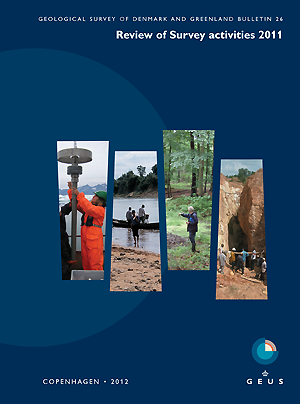
How to Cite
Share
Abstract
Denmark has a decentralised water supply structure with about 2500 water supply companies. Until recently, about 150 of these, especially the larger ones, were owned by local authorities; the rest are private, all run on an independent and not-for-profit basis. Recently, a new law, the Water Sector Law (Miljøministeriet 2009), was implemented. Its purpose is to privatise the water supply sector (although, as hitherto, into not-for-profit corporations), and statutory duties are separated from operations in order to make the supply of drinking water to consumers as efficient as possible. An important element of the Water Sector Law is the introduction of a new regulatory body, the Utility Secretariat. The role of this new institution under the Danish Competition and Consumer Authority is to enforce price ceilings on drinking water, based on a selection of benchmark parameters.
How to Cite
Share
Copyright (c) 2012 Jacob Dyrby Petersen, Lisbeth Flindt Jørgensen

This work is licensed under a Creative Commons Attribution 4.0 International License.
Downloads
Edited by Ole Bennike, Adam A. Garde and W. Stuart Watt
This Review of Survey activities presents a selection of 20 papers reflecting the wide spectrum of activities of the Geological Survey of Denmark and Greenland, from the microscopic to the plate-tectonic level.
The Survey's activities in Denmark and surrounding areas are illustrated by [...]









